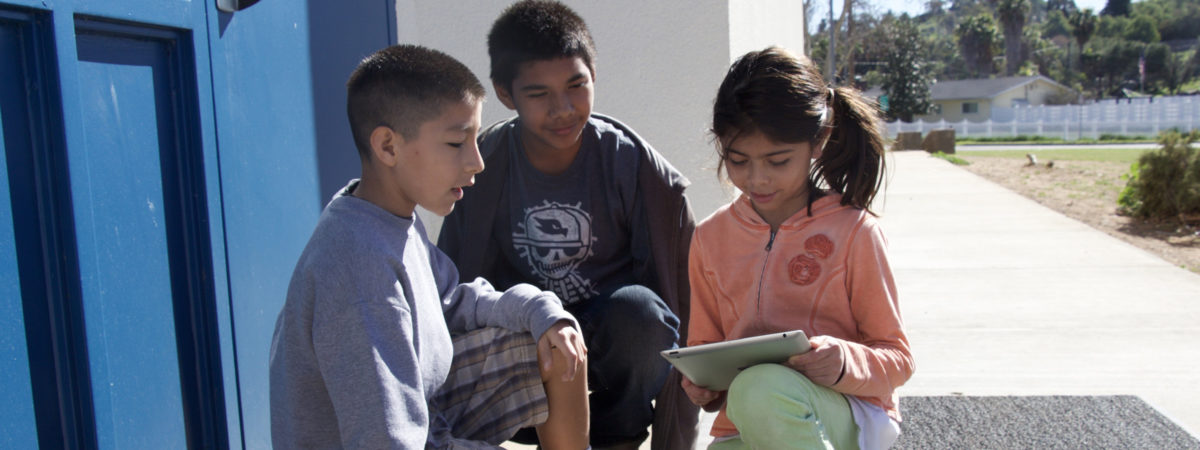
October 21, 2020 | By Viki M. Young
At the heart of Inclusive Innovation is the principle that people from communities that have been marginalized—those often intended as beneficiaries of innovations but usually left out of the design and development process—lead, participate in, and benefit from the innovation.
First and foremost, then, we intend the research embedded in the Inclusive Innovation model to serve the communities’ efforts in defining a priority challenge and designing solutions shaped by what is becoming known as context expertise. Context expertise is understood as intimate knowledge, gained by lived experience, of a substantive challenge and the factors that make solutions to the challenge locally workable.
While we expect these efforts to be informed by extant research and solutions already in the marketplace, persistent educational inequities demonstrate the inadequacies of most current policies and innovations to serve marginalized communities. Most current approaches are not serving those they intend to, especially those from marginalized communities, and we must explore new and refined processes such as Inclusive Innovation that place a primacy on context expertise.
This conception of research sounds deceptively simple on the surface, but that simplicity conceals the complexity just below.
Many researchers driven by concerns about the relevance, applicability, and utility of their research in educational practice are engaging in long-term partnerships with district systems and practitioner teams. Networked improvement communities, such as the Carnegie Math Pathways NIC and the Building a Teaching Effectiveness Network, and research-practice partnerships, such as those in the National Network for Education Research-Practice Partnerships (NNERPP), the Research Alliance for NYC Schools, and the UChicago Consortium on School Research, are just several well-known examples.
Our efforts at starting with communities’ expressed goals, perspectives on systemic education challenges, and desired outcomes move beyond applying research to practice—which is essential but in our view, lacks depth of contextualized experiences beyond the district system—to truly serve the needs of a community’s learners.
We have also recently seen more resources and thought pieces shared that critique how traditional research approaches uphold white dominant norms. While equity-driven scholars, advocates, and activists have long been calling for change, their voices are starting to be heard and heeded a bit more broadly. The charge to researchers to remedy typical research approaches includes:
In our research work under the newly launched Center for Inclusive Innovation, we will go beyond lessons from practice-minded research and put in place research activities that displace white-dominant norms that are harmful to historically marginalized communities. Taking a learning stance, we are grappling with some key questions and considerations arising from our model of Inclusive Innovation, for example:
In short, we are re-examining questions every research project must answer: Who has expertise? What counts as data and evidence? Who decides? Who defines the outcomes, collects the data, and analyzes and gives it meaning, and how do these processes amplify the voices of those with context expertise?
As we embark on these efforts, we invite collaboration and thought partnership with communities and with fellow researchers striving to enact inclusive and equitable practices led by communities and driven by their needs. Above all, we are grateful for the opportunity to work and co-design with communities to build this new education research field.
Sign up below to stay in touch about opportunities to get involved with the Center for Inclusive Innovation.
By Lauren McMahon and Heather Dowd